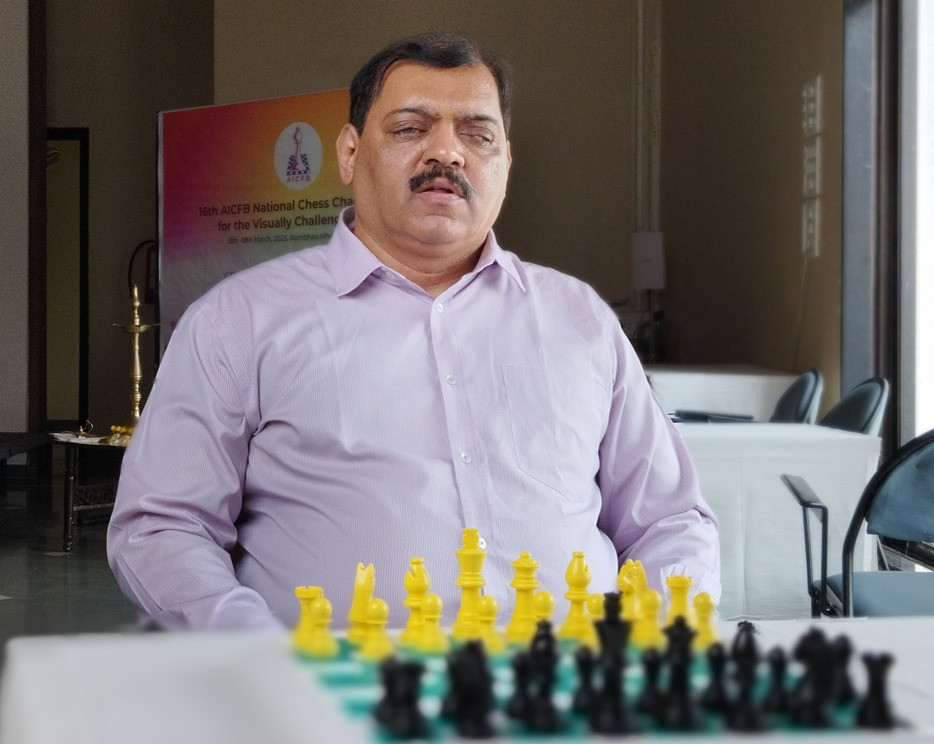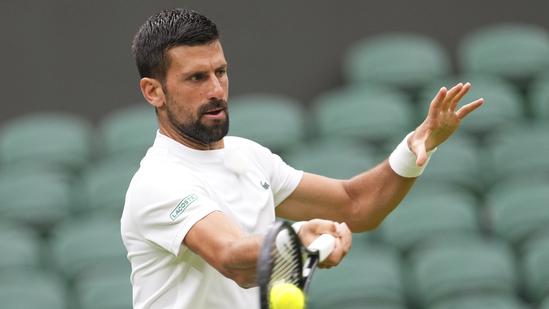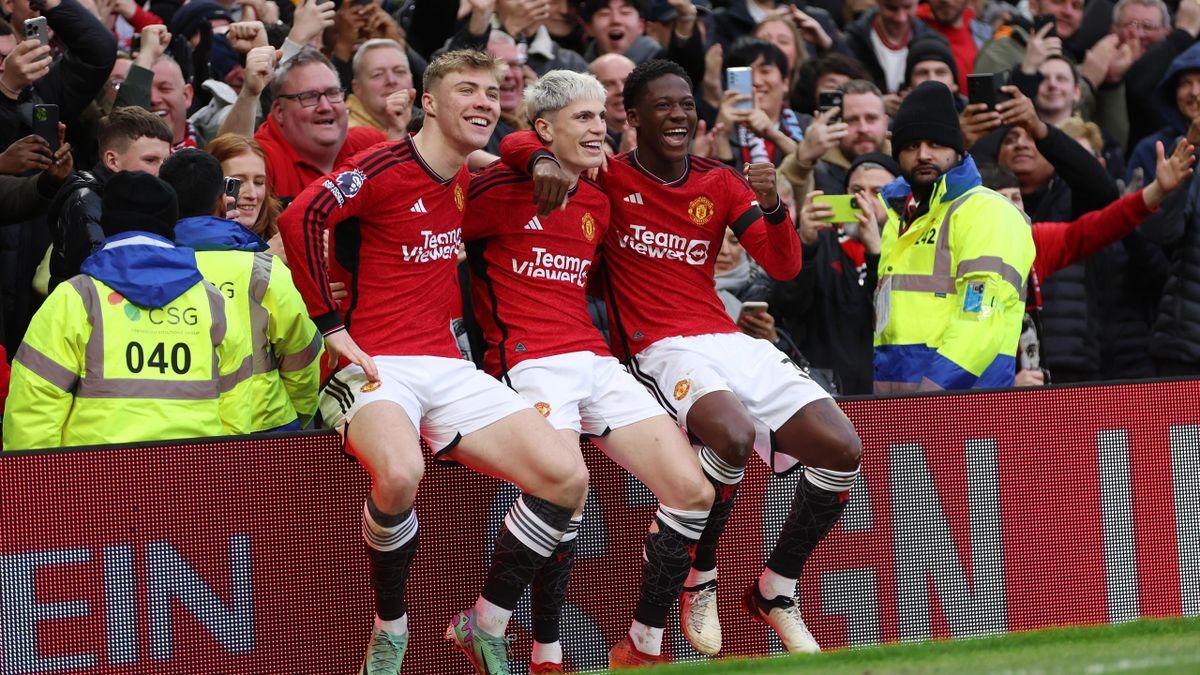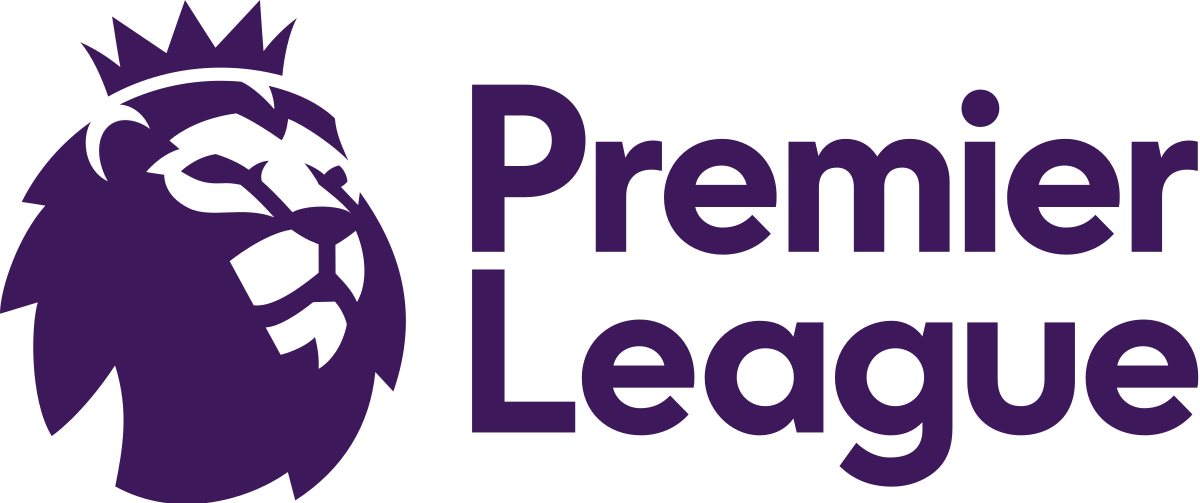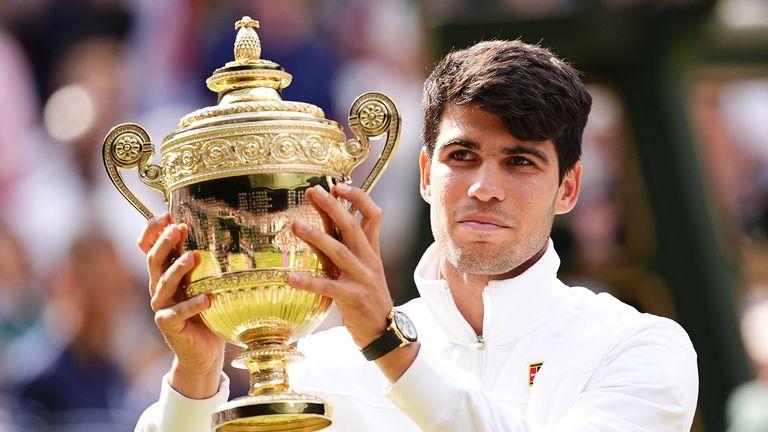Blind chess champion Dr. Charudatta Jhadhav is not just the National Award winner for the Best Disabled Employee of the Year, he is also the president of All India Chess Federation for the Blind. He is currently working at TATA Consultancy Services as the Head of the Accessibility Center of Excellence, which is part of the Corporate Research and Innovation unit. He has launched “Talk64,” specially designed speech-enabled chess software for the blind, “Radio Chess,” the world’s first dedicated internet radio for Chess for the Blind as well as many other initiatives.
In this exclusive interview, Dr. Charudatta Jhadhav speaks about his introduction to chess and Talk64, the AICFB National Chess Championship, the standard of blind chess in India, overcoming challenges as President of AICFB, the format of blind chess and his future goals!
Q 1) How were you first introduced to chess? Tell us about Talk64 and how accessible does it make chess for visually impaired individuals?
When I was a child, I was passionate about sports. Unfortunately, when I lost my sight at the age of 13, I thought I would have to give up my love of competitive games. However, for one summer vacation, I was introduced to chess and fell in love with it. I even began playing in local tournaments and that boosted my confidence.
Talk64, launched in 2006 is a groundbreaking software with speech capabilities, it makes the game accessible for me and others with visual impairments. Talk64 has been a life-changing addition for those of us who thought we would have to give up our passions due to our disabilities.
Q 2) Tell us about the AICFB National Chess Championship? How successful has the AICFB been in promoting the sport among the visually impaired?
With a deep passion for the game and an unwavering commitment to promoting it among the blind, the AICFB has made remarkable strides over the years in advancing chess and creating opportunities for blind players to showcase their skills on a national and international level.
To achieve this, the AICFB has affiliated with the International Braille Chess Association (IBCA) and the All-India Chess Federation, which has helped integrate India with the global chess community. Moreover, the AICFB is constantly striving to make chess more accessible for the visually impaired by developing online software and organizing tournaments and training sessions online, particularly during the COVID-19 pandemic.
So far, we have created 500+ plus tournaments in India and won 23 medals on international level. For the last 25 years, we believe in creating a supportive and inclusive environment that fosters a love of the game and encourages blind individuals to pursue their passion for chess.
Q 3) Do you believe visually impaired chess players in India are on par with the best in the world? If not, what needs to be done to make it a reality?
Our country has an abundance of talented blind chess players who have shown their mettle on the global stage. Despite our late entry in the field, we have managed to close the gap with other competitive European countries, ranking 6th and 7th in the Olympiad since joining in 1999. It’s a testament to our players’ skill and dedication to the game.
However, we believe that there is still room for improvement. Our goal is to rank No. 1 in the world, and we’re confident that we have the talent to make it happen. The upward trajectory of our progress is promising, but we need to remain committed and push ourselves to achieve our full potential. Through dedicated coaching camps and other initiatives, we’re determined to foster a winning culture that will take us to the top.
Also read: Our biggest achievement is giving stability to female athletes: ENGN co-founder Megha Desai
Q 4) What are the biggest challenges that you have faced as President of AICFB? How did you overcome them?
We’ve faced a lot of challenges along the way. One of the biggest hurdles is accessibility, as India is a vast country with many remote areas that are hard to reach. Another challenge is a lack of infrastructure and resources, which is hindering our efforts to promote blind chess at the grassroots level. Additionally, corporate support is lacking, and we need a large panel of sponsors to help with coaching and other necessities.
Despite these challenges, we have managed to attract a significant number of blind chess players. However, we still need financial support from the government and other authorities to help us overcome these obstacles and take blind chess to new heights.
Q 5) How exactly do visually impaired individuals play chess? Is it different from regular chess in terms of rules or format?
The first modification starts at the chess board level with specially designed tactile chess boards and pieces that can be felt and identified. These pieces are made of plastic with pegs at the bottom that fit into holes on the board. The board is raised with rows and columns clearly marked, and each square has a small indentation to hold the pieces in place.
In terms of rules and format, blind chess is the same as regular chess, with a few modifications to make it accessible. For example, the moves are announced verbally by the player or a sighted assistant, and the clock has an audible signal to indicate the end of a turn. In some cases, a touch-move rule may be enforced to ensure that players move the correct pieces.
Q 6) What are your future goals as President of AICFB? How are you working towards achieving them?
As the President of AICFB, my main goal is to take the sport of blind chess to the next level and make it accessible to more and more visually impaired individuals across India. Fostering a strong and inclusive chess community that enables visually impaired individuals to achieve their full potential in the game is what we want to achieve.
We are working towards increasing the number of players, improving coaching and training, and creating more opportunities for blind chess players to compete at national and international levels. To achieve these goals, we are constantly working on new initiatives such as online coaching camps, tournaments, and software development.


